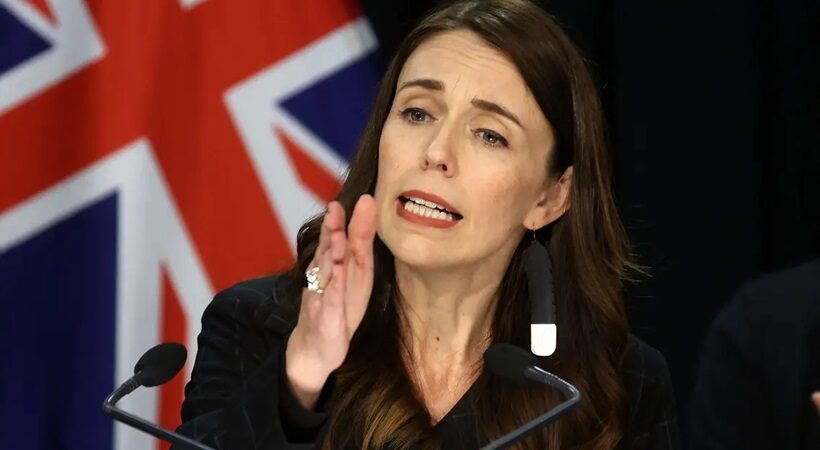New Zealand Prime Minister Jacinda Ardern is expected to reveal plans to open the country’s borders this week. This comes when the country is under pressure from businesses and public sectors facing a worker shortage, which, according to policymakers, could fuel inflation.
PM Ardern was appreciated globally for successfully containing local transmission of the virus with an elimination strategy, imposing stringent lockdowns and shutting down New New Zealand’s international border in March 2020.
Despite the initial praises, however, this strategy leads to higher costs and lower output in an economy largely dependent on an immigrant workforce. Sectors like dairy, horticulture, housing services and health have been affected immensely.
This week, around 1,500 hospital midwives left the job due to “critical shortages”. Later this month, over 30,000 nurses seeking better pay and working conditions are set to strike for the second time since June.
“We rely on internationally qualified nurses to meet our staffing needs but with the borders closed, we are not getting any,” New Zealand Nurses Organisation industrial services manager Glenda Alexander was quoted as saying.
“Kiwis are not coming into nursing as they are put off by the workload and the low pay,” she added. “Nurses are burning out; they are getting sick themselves and are constantly worried that they will make mistakes that could affect their patients.”
Coming to the hospitality industry, at least 2,000 eateries stopped service to draw the government’s attention to severe shortages faced by the staff.
Talking about the government’s six-month plan for public health and border control, Ardern said, “Any changes to border settings will be carefully considered in phases, based on risks. We have come too far and gained too many freedoms to rush at this next step and go backwards.”
In an attempt to address labour shortages in the horticulture industry, Ardern opened one-way quarantine-free travel for seasonal workers from Samoa, Tonga and Vanuatu, and other countries with no active coronavirus cases.
Amid the pandemic, with employers paying more to keep their staff, the labour shortages are pushing up costs. In the second quarter, annual inflation skyrocketed, reaching a record 33%, much higher than what the central bank had predicted.



















